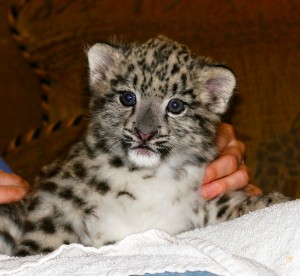Most readers are likely aware that Western black rhinos went extinct in recent years. By far, the two largest factors in driving this extinction were habitat loss and poaching. Despite millions of dollars spent and many laws passed attempting to stem the trade of rhino horns, Western black rhinos were wiped off the face of the planet largely in a few decades.
Let us imagine a different scenario:
Back around 1970, a small number of rhino were allowed to be removed from the wild and kept by private owners. Several ranchers in Texas spent lots of money and each imported several rhinos. They built them huge pastures—in some cases larger than the area they had in the “wild.” They spent lots of money on veterinary care and enrichment because their profit depended upon healthy, long lived animals. They bred them and grew their herds. Once every 18 months or so, each rhino was sedated and its horn removed at the same time routine veterinary procedures were performed. When they awakened, they were in no pain, and their horns grew back in around a year. The ranchers made lots of money, much of which they put back into their rhino operations, and they worked together to improve the care and husbandry of rhinos, and created a database so they could breed the healthiest and strongest. They sold babies to other people looking to get into the rhino-horn business. And a small but thriving industry was born.
Undoubtedly a few incompetent, unscrupulous, or greedy people would do a bad job—a few rhinos would suffer and die. But the overwhelming majority would be well cared for, and the species would be safe and thriving. There would be thousands of healthy black rhinos today, well-cared for on ranches not only in Texas, but in Africa and elsewhere. There would be plenty of specimens to repopulate the wild. Yes, they would be “captive,” but would that be worse or better than extinct?
This scenario did not occur, and in fact was not even broadly discussed, because the animal rights movement was so effective at persuading people that animals cannot be humanely utilized, that animals belong only in the “wild.” They passed law after law “protecting” black rhinos from any captive future, and prohibiting the rhino-horn trade, but in doing so obliterated the very fiscal incentive that might have motivated some people to allocate land and resources to breeding these animals. They protected black rhinos straight into extinction.
The phrase, “better dead than caged” has often been proclaimed by those who believe animals should never be kept. I wonder, would the Western black rhinos agree?
This question is worth contemplating, not merely for our own edification, but also because there are many other species, and other subspecies of rhino, on a similar trajectory. Should we save them to live with us or let them go extinct?


I will choose the saving part than to leave them and let them go extinct. I will try to do what I can do instead of stand here and do nothing.